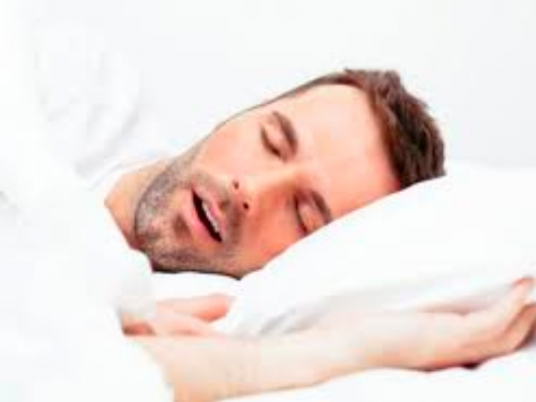
For people who have both a common type of irregular heartbeat and a common sleep disorder, treating the sleep problem helps keep the heart rhythm under control, too, researchers say.
The sleep disorder, obstructive sleep apnea, affects 12 million Americans and raises the risk of high blood pressure, heart attack, stroke, and diabetes.
Using a continuous positive airway pressure (CPAP) machine reduces episodes of sleep apnea. And now, a new review of past studies finds that CPAP also reduces recurrences of an arrhythmia called atrial fibrillation (AF).
Dr. Larry Chinitz of NYU Langone Medical Center in New York City and colleagues pooled the results of seven past studies involving more than 1,000 patients with AF and sleep apnea who were followed for seven to 42 months.
After AF was treated with medication or surgery, it recurred in about 33 percent of CPAP users, compared to 58 percent of non-CPAP-users.
The findings were released by the Journal of the American College of Cardiology: Clinical Electrophysiology.
In 2010, five million U.S. adults had AF; that number is expected to rise to about 12 million by 2030.
AF can cause uncomfortable palpitations and lead to heart failure or stroke. Current treatments include medications and catheter ablation with pulmonary vein isolation, which removes a faulty electrical pathway from sections of the heart.
Chinitz said CPAP is effective, and it's not surprising that it reduces the risk for AF.
But users need to wear masks while they sleep, which can be uncomfortable, making CPAP “hard for people to comply with,” Chinitz said.
AF “needs to be evaluated in individual patients so doctors can assess risk and determine therapy, if any,” Chinitz said. “It’s mostly dangerous when we don’t identify it.”
People with AF should be screened for obstructive sleep apnea, and those who have it should be aggressively encouraged to use CPAP, he said.
In sleep apnea, soft tissue in the back of the throat collapses during sleep, blocking the airway and causing the brain to rouse the sleeper, who gasps for air – a cycle that can occur as many as 30 times in an hour.
“We know that sleep apnea is associated with numerous untoward health outcomes,” said Dr. Nathaniel F. Watson, professor of neurology at the University of Washington in Seattle, who was not part of the new study.
CPAP may also delay memory declines in people with sleep apnea, as reported last week (http://reut.rs/1ayJwaY).
This new study “is further evidence of the impact of sleep apnea and further indication for the positive benefits of CPAP,” Watson told Reuters Health by phone.
Most people with sleep apnea are undiagnosed and untreated, he noted. Every patient with AF, recurrent or not, should be screened for sleep obstructions, he said.



